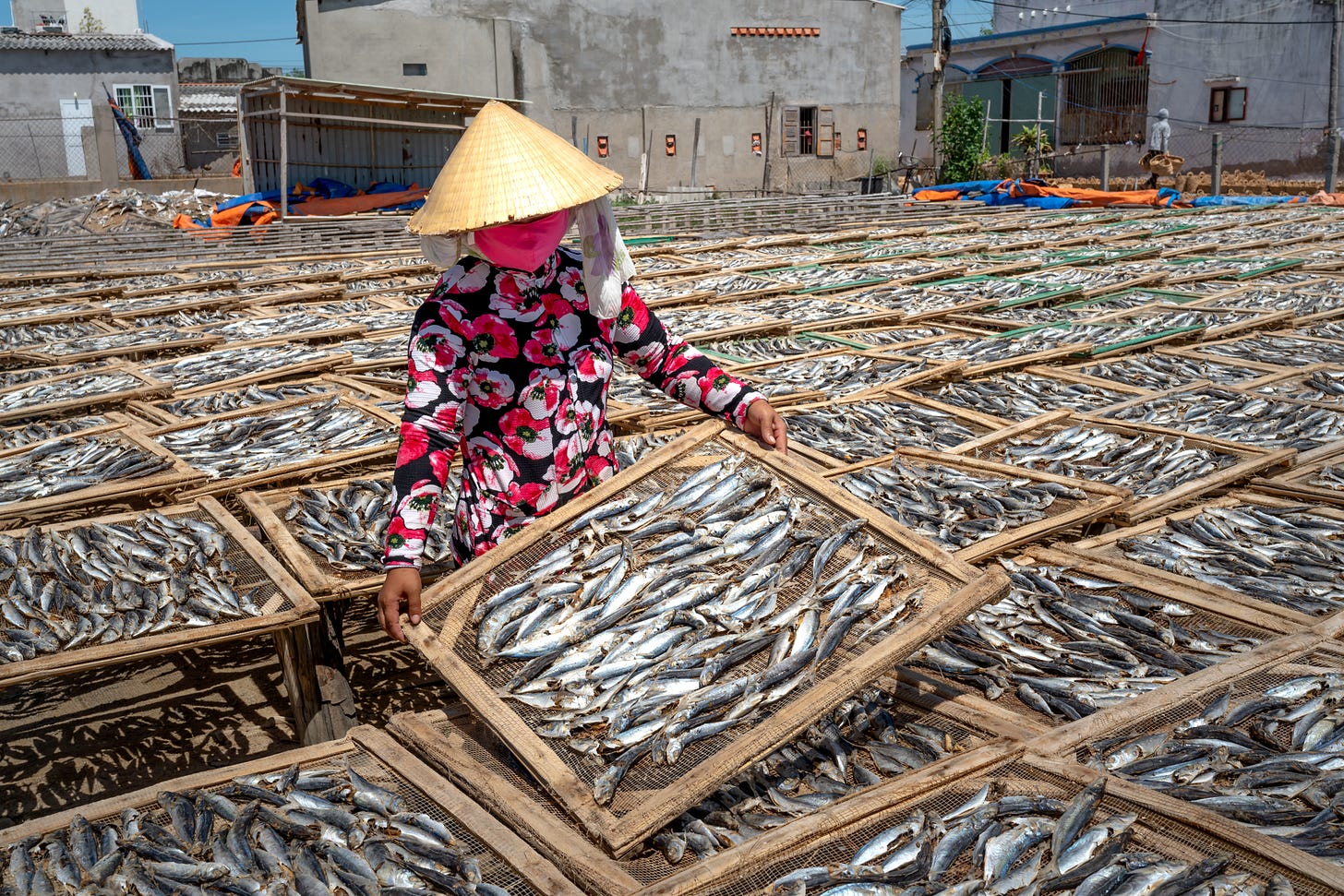ADB Provides Landmark Assistance to Cambodia’s Marine Fisheries Sector
The Asian Development Bank (ADB) has approved a US$73 million financing package to boost the climate resilience and sustainability of coastal and marine fisheries in Cambodia.
The Sustainable Coastal and Marine Fisheries Project will be financed by a US$41 million loan from ADB; a US$22 million grant from ADB’s Asian Development Fund, which provides grants to ADB’s poorest and most vulnerable developing member countries; and a US$10 million loan from the ASEAN Infrastructure Fund under its ASEAN Catalytic Green Finance Facility (ACGF). The Agence Française de Développement will also provide cofinancing equivalent to US$20 million to be administered by ADB.
The fishery subsector is an important component of Cambodia’s economy, accounting for 8% to 10% of the country’s gross domestic product. Marine fisheries account for 13% of the fishery subsector; yet, overfishing and climate change have led to a substantial decline in fish stocks, which has impacted coastal communities and businesses and resulted in higher fish prices.
The project will strengthen Cambodia’s marine fishery while supporting its contribution to shared fish stocks and ecosystems in the Gulf of Thailand. It will help the country’s four coastal provinces—Kampot, Kep, Koh Kong, and Preah Sihanouk—reverse the sharp decline in fisheries, promote sustainable mariculture, and enhance fish landing sites to improve seafood safety. It is expected that under the project about 40% of the nearshore fishery will be regenerated into more productive and sustainable enterprise.
“This project is ADB’s first significant investment in marine fisheries and represents an important milestone for its Action Plan for Healthy Oceans and Sustainable Blue Economies,” said ADB Senior Natural Resources and Agriculture Specialist for Southeast Asia Alvin Lopez.
The project will promote private sector development by enabling coastal communities and small businesses to diversify their livelihoods, adopt sustainable practices, and grow into viable enterprises. It will also support women’s economic empowerment by scaling up women’s engagement in small and medium-sized enterprises.
Overall, the project will benefit 25 community fisheries organizations and members of 15 community-protected areas, comprising nearly 20,000 households, as well as a wider coastal community of about 200,000 people.
#Mariculture #ADB #BlueEconomies





